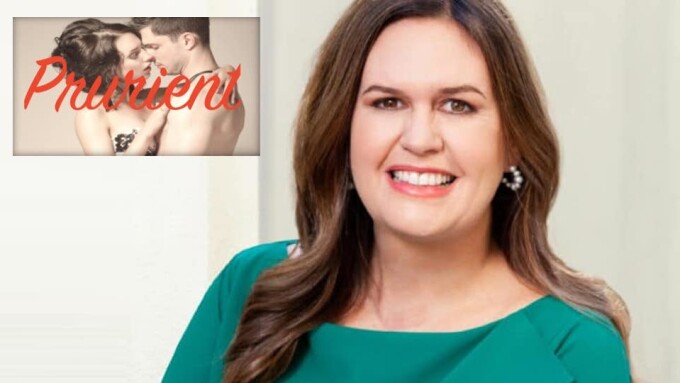LITTLE ROCK, Ark. — Democratic state senators and LGBTQ+ advocates in Arkansas are raising concerns that a proposed bill targeting drag performances would limit the rights of transgender people and also redefine the legal concept of “prurient interest,” which is at the core of recent Republican attempts to reinstate obscenity prosecutions.
Arkansas Senate Bill 43, sponsored by Sen. Gary Stubblefield (R-Branch), defines a drag performance as a show in which at least one performer exhibits a “gender identity that is different from the performer's gender assigned at birth” and which appeals to the prurient interest, the Arkansas Democrat Gazette reported.
Critics of SB 43 point out that the term “prurient” is “not legally well-defined and could apply to plays and events such as drag queens reading storybooks to children,” the Arkansas Democrat Gazette noted. The term is not currently defined in Arkansas law, but Stubblefield — like other Republican lawmakers across the country — wants to define it to mean “showing excessive interests in sexual matters.”
The Arkansas Senate approved SB 43 on Tuesday in a 29-6 vote along party lines. If the bill is approved by the State House, it will be sent to Gov. Sarah Huckabee Sanders (R).
Gov. Sanders Claims Bill 'Protects the Children'
Yesterday, Sanders endorsed SB 43 and told the press she would sign the bill because she believes it “protects the children of Arkansas.”
Stubblefield told senators on Tuesday that he “can’t think of anything good that can come from taking children and putting them in front of a bunch of grown men dressed like women.”
“Morally, we are going down a funnel,” Stubblefield added.
During a committee hearing last week, Stubblefield quoted at length statements that he alleged came from a drag queen he did not identify. Stubblefield said this anonymous person had “asked him to protect Arkansas’s youth from the titillation of glittery gender-bending artistic displays,” the Arkansas Times reported.
Stubblefield claimed this person had told him that their fellow drag queens “put on makeup, jump up on the floor, writhe around and do sexual things.”
“Would you want a stripper, or porn, to influence your child? It makes no sense at all!” Stubblefield continued. “These are not my words. This is the testimony from a person who is a drag queen. There’s a lot of filth that goes on, a lot of sexual stuff that goes on backstage. There’s a lot of nudity, a lot of sex, a lot of things.”
Stubblefield closed his testimony by reading from the book of Deuteronomy, preaching that “the Bible says if a man dresses like a woman and a woman dresses like a man, it is an abomination to God.”
“It appears to me you’re trying to put a target on people’s backs that are not, according to you, normal,” Sen. Stephanie Flowers (D-Pine Bluff) told Stubblefield.
A Blitz of Republican Bill Proposals to Revive Morality Prosecutions
As XBIZ reported, last week two other Republican state senators in Arkansas introduced a bill requiring age verification before viewing pornographic websites.
Senate Bill 66, which proposes a “Protection of Minors from Distribution of Harmful Material Act,” is sponsored by Sen. Tyler Dees (R-Siloam Springs) and Sen. Jim Petty (R-Van Buren). The proposed legislation is a copycat version of Louisiana’s Act 440, a new law championed by a religious anti-porn activist Republican legislator.
According to NBC affiliate KARK, SB 66 would require “a digitized identification card to prove that anyone from Arkansas trying to enter a pornography website is over 18.”
The bill also claims that “pornography is creating a public health crisis and contributes to the hyper-sexualization of minors,” KARK reported.
The bill includes the senators’ definition of what kinds of material would constitute “pornography,” and mandates that “any website with over 23.33% of its material meeting the pornography description” institute age verification.
Republicans throughout the country are seeking to outlaw all adult content by overturning the 1973 “Miller Test” differentiating First Amendment-protected sexual material from illegal “obscene” material produced to appeal to “a prurient interest.”
The United States does not currently have a national definition of obscenity. Jurisprudence has established the Miller Test, which has been a legal standard in federal courts for a half-century.
Last month, Sen. Mike Lee (R-Utah) introduced the Interstate Obscenity Definition Act (IODA), a bill that nominally aims to “establish a national definition of obscenity” but which would, in effect, outlaw all online sexual content nationwide.







